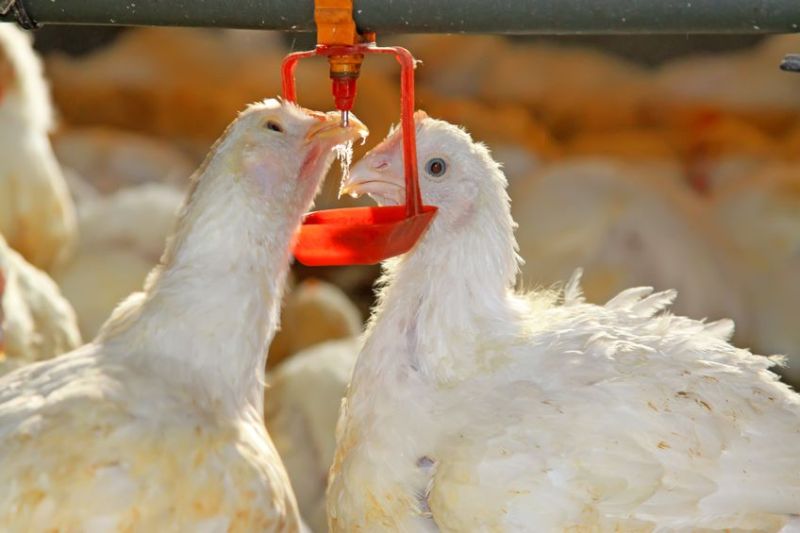
The ongoing African swine fever problem in the world's largest pig producing country, China, is increasing the demand for other proteins besides pork.
With recent forecasts suggesting Chinese pork production could fall by over 10 million tonnes, other proteins are needed to fill the supply gap.
Chinese production will likely increase and reports already show growing poultry feed demand, according to AHDB Pork.
However, breeding stock availability is currently limited. Most traditional suppliers of grandparent stock are banned due to Avian Influenza controls.
Although Poland was re-opened towards the end of 2018, this will not support production until the end of this year.
Increased import levels are also expected, with market access recently opening to a number of countries.
Official trade data records Chinese imports of fresh/frozen poultry already increasing 40% (+42,000 tonnes) year on year in the first quarter.
This compares with a 3% increase in fresh/frozen pork (+10,000 tonnes). When offal is included, pig meat imports have actually fallen by 8%, driven by a fall in offal shipments from the US.
AHDB Pork says it is probable that pork import demand will pick up more significantly later in the year.
Increased demand for poultry
With tightening protein supplies, poultry imports may also grow further. The USDA anticipates Chinese chicken meat imports could rise by nearly 70% this year.
Globally, the increased demand from China may help support prices in the global poultry market this year.
Rising import demand is also expected from other key importers, including Japan, Mexico and the EU. Global exports are therefore forecast to grow 3% overall, to 11.6 million tonnes.
However, developments in global trade restrictions will also be important, and Avian Influenza remains a concern.
